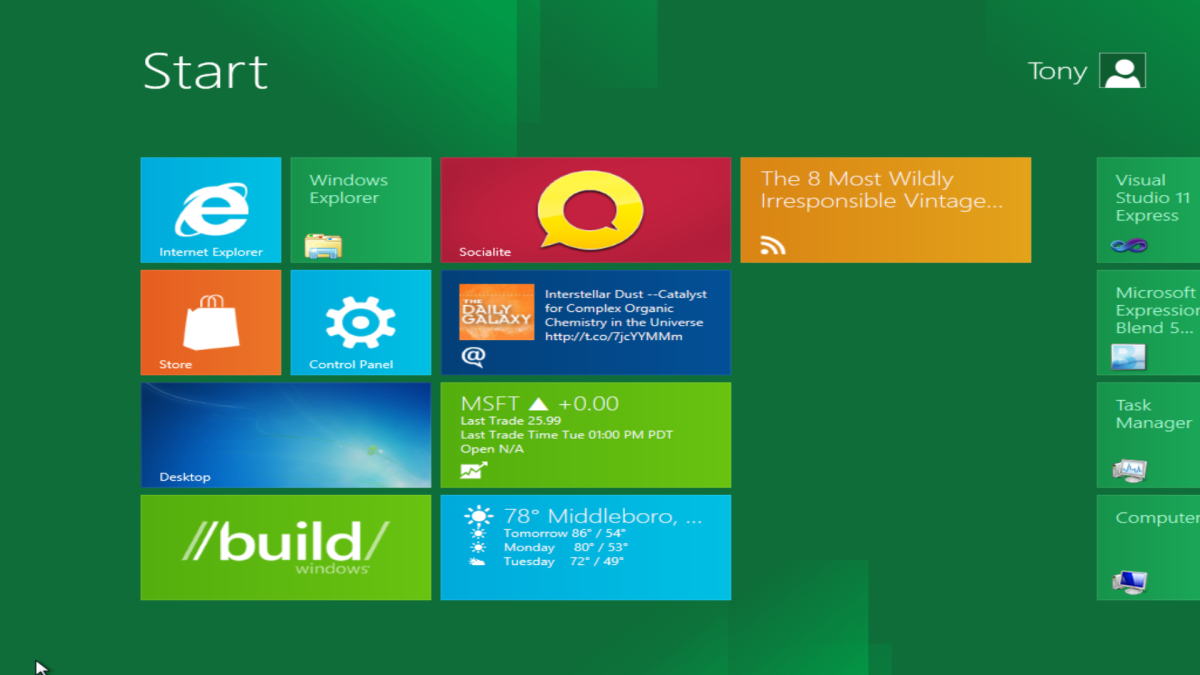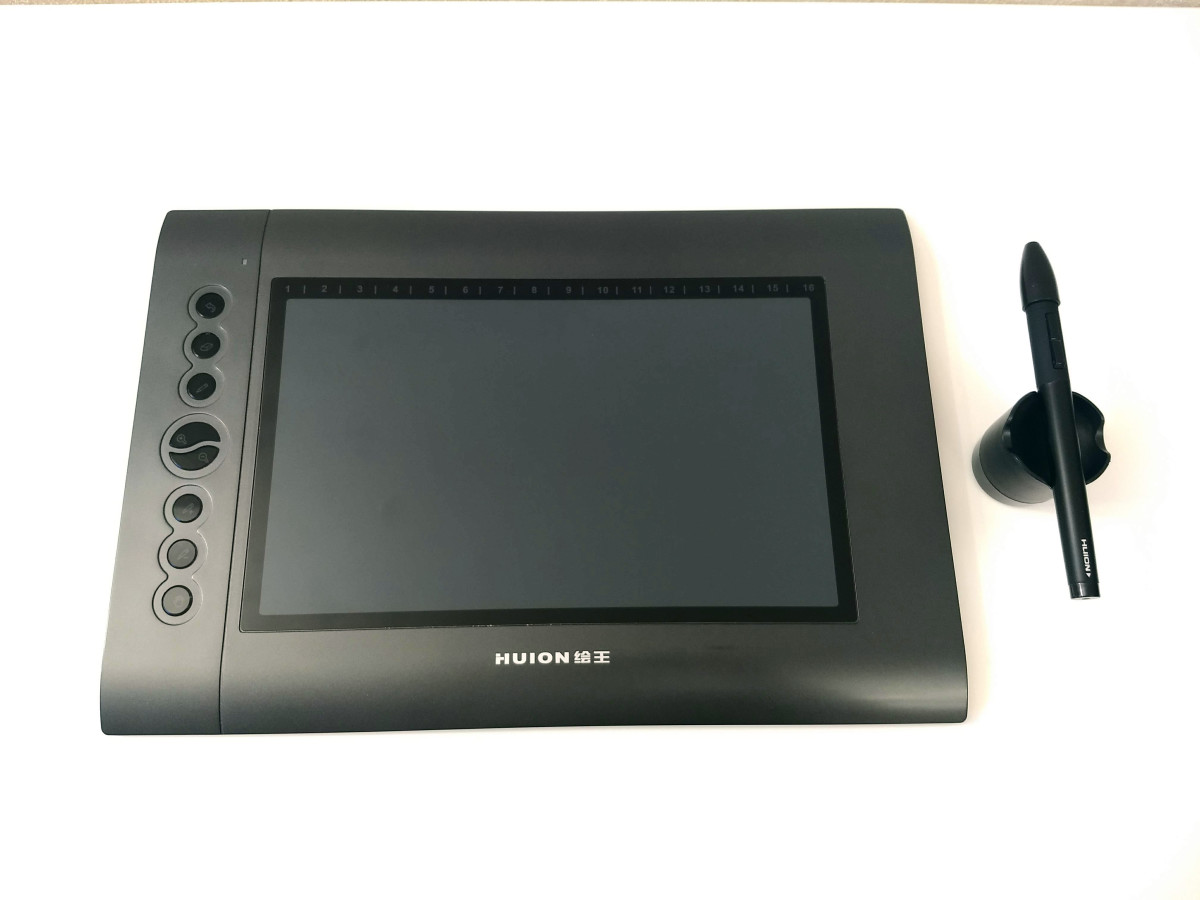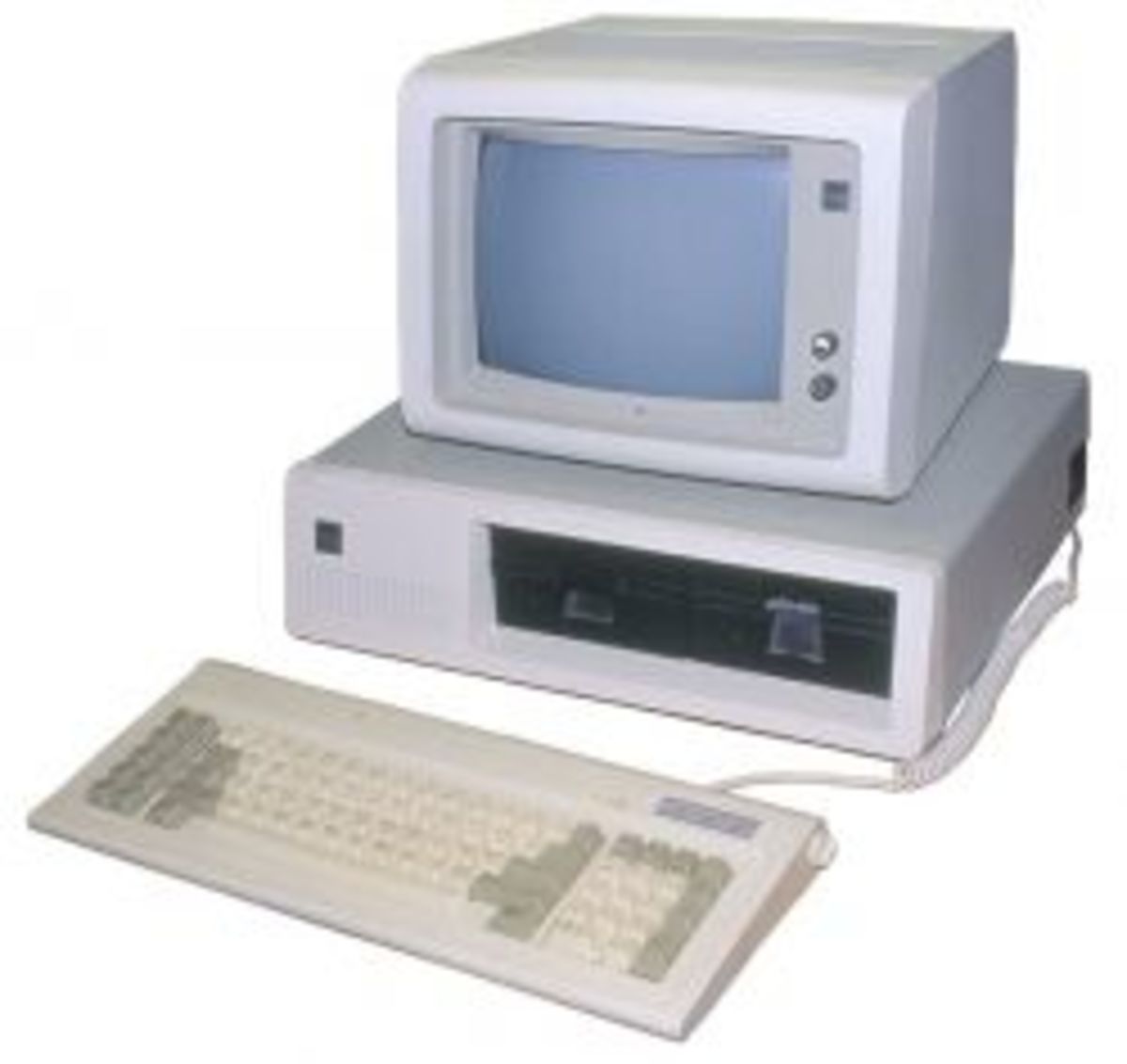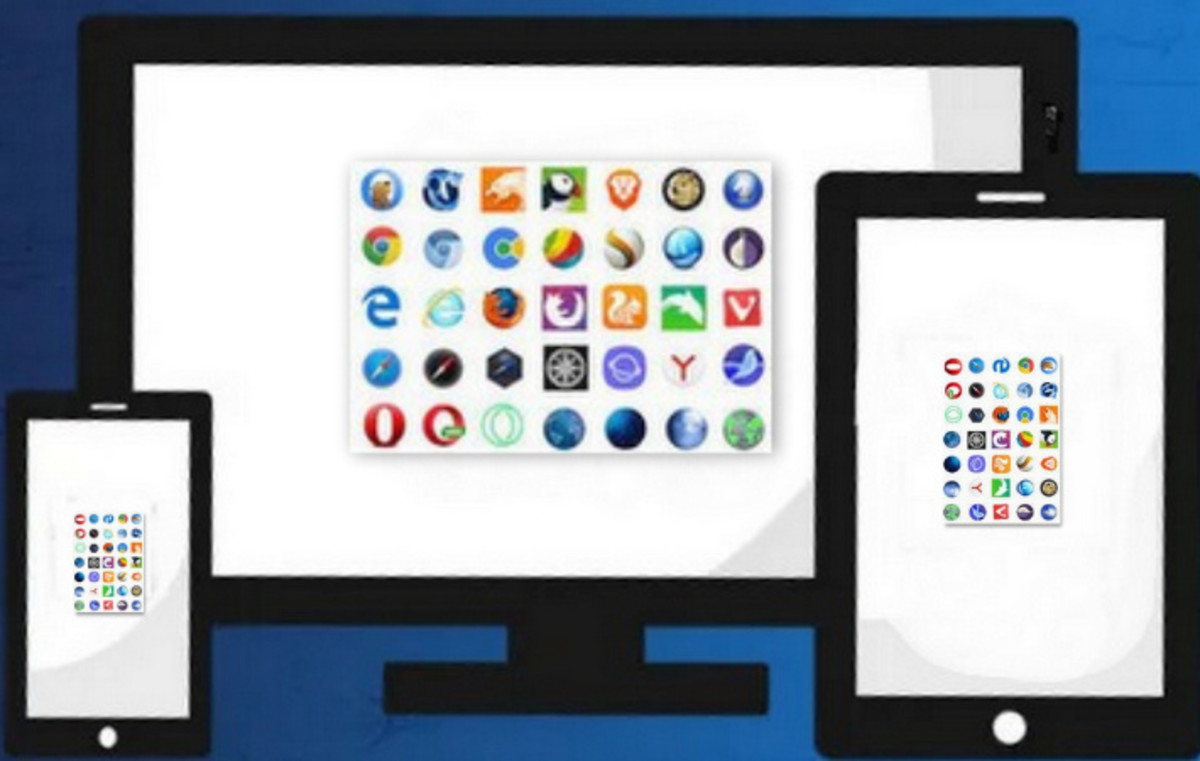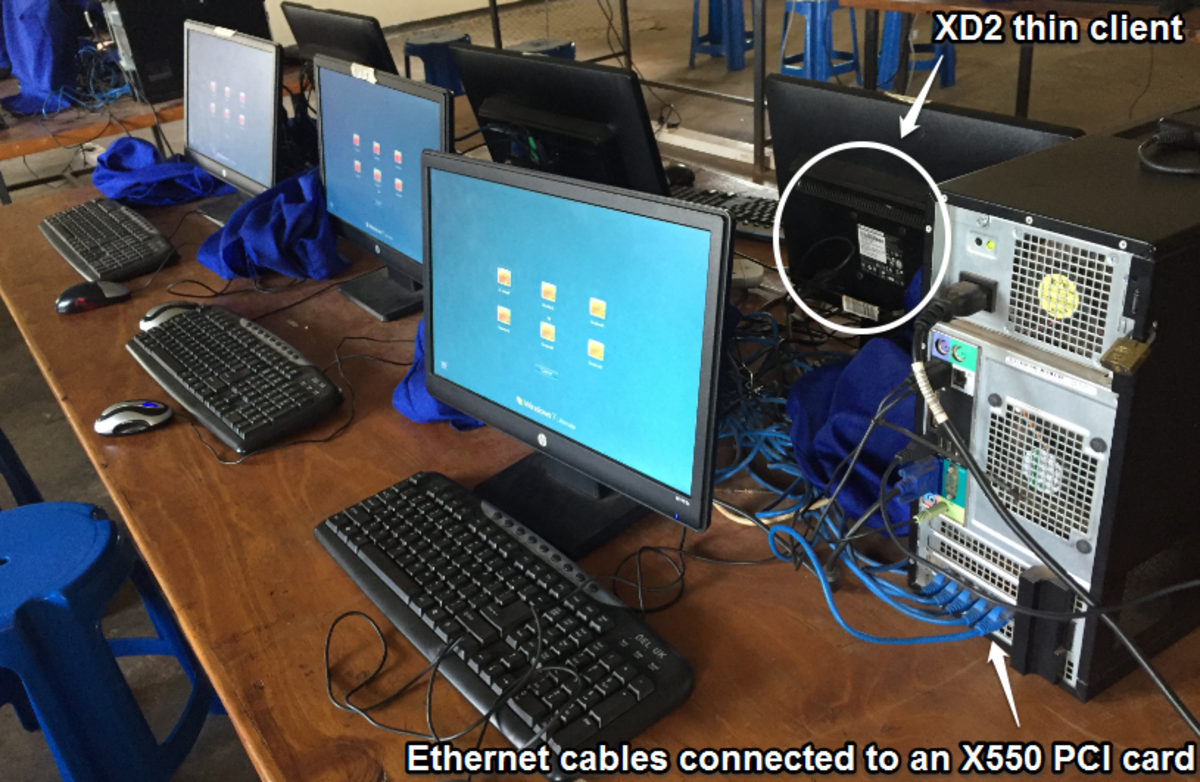Tablets vs Laptops
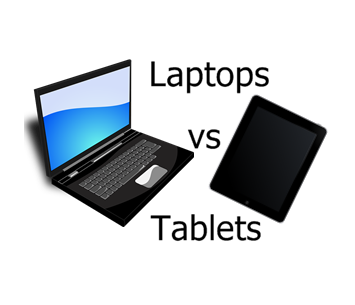
Difference Between Tablets and Laptops
Tablets have been around for a while now, however it's only since 2010 that they have become mainstream and affordable. With such rapid advancements in technology in the computing world with the latest laptops, introduction of tablets, and now ultrabooks, it is becoming a challenge to keep up.
With all these computing devices in the market, the consumer is left wondering with questions like what is the difference between laptops and tablets? What are Ultrabooks? Which computing device should I buy? Do tablets replace laptops? Do I need both these devices? Should I wait or is this a good time to buy a tablet?
On this web page, you will find information on laptops, tablets and ultrabooks that will help answer the questions above in order to help you make informed decisions for your next purchase of a laptop, tablet, or ultrabook.
Poll: Tablets vs Laptops
Which do you prefer: Laptops or Tablets?
Pros and Cons: Tablets vs Laptops
Laptops and Tablets are both portable devices and have many similar features, however, the two devices have a few differences when you compare them closely.
Laptops are generally larger in size and bulkier, so they weigh more than tablet PCs. They have more memory storage in terms of the hard-drive as well as RAM compared to tablets. Laptops have a traditional keyboard and a touch-pad for navigation which is more convenient when using over extended periods. Laptop screens are larger and the display resolution is better when compared to tablets.
Tablets, on the other hand, are much more portable compared to traditional laptops because they are smaller in size and much slimmer. Tablets have touch screens and use a virtual keyboard for input. Their operating systems are less power intensive and therefore, the start-up time is faster. Also, tablet PCs have far better battery life (on average 8 to 10 hours) compared to laptop computers.
As technology advances, laptops are becoming slimmer, lighter and faster. Welcome to the world of Ultrabooks which were introduced in January 2012 during the CES (Consumer Electronics Show). When deciding which one to buy, laptop vs tablet, you have to first determine your needs. Ultimately, laptops are better for more intensive work, but less portable compared to tablets.
The video below provides an overview of the differences between laptops & tablets.
Video: Pros and Cons of Tablets vs Laptops
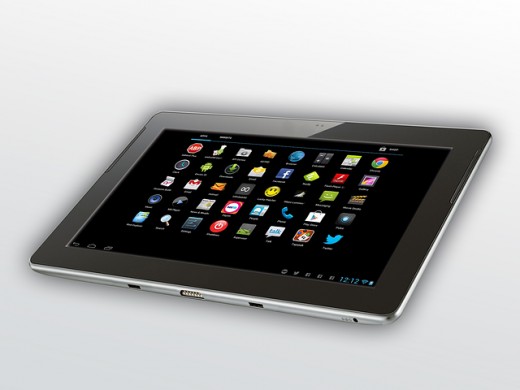
How to Choose a Tablet PC?
In this section, we will cover the topic on How to Choose a Tablet PC. As mentioned earlier, tablets are meant for less intensive computing work that doesn't require much use of a traditional keyboard.
They are more appropriate for media consumption like watching videos, surfing the internet, using social media sites like Facebook and Twitter, video chatting, playing video games, listening to music, and so on.
Since Apple launched its iPad in 2010, and subsequently newer models of the iPad, tablets have flooded the market. Competitors like Asus, Samsung, Motorola, HP, Toshiba, RIM, Amazon and others have introduced their own. We will continue to see many more of these mobile devices launched in 2013 and 2014.
Laptops & Tablets for Dummies
Guidelines on How to Choose the Right Tablet PC
Given that there are so many different types of tablets with a variety of specification and features, it's become a challenge for the consumer to decide which one is the right one for their needs. Below are some guidelines that you can use to determine which tablet PC is right for you:
Operating System: in tablets have been designed to provide a fast browsing experience as well as smooth multi-tasking of applications.
Different ones come with different operating systems. For example, the new iPad has the iOS 5 operating system, Android tablets come with Google's Linux-based operating systems, and RIM's Playbook has the QNX Netrino OS, exclusive to Blackberry devices. Android operating systems are known to have better multi-tasking capability, whereas, Apple's operating systems are known to have cool apps. It's really a matter of preference.
Processors: in tablets are like the brain of the device and the clock-rate determines the speed and performance of the device. Apple uses the A5X processor, whereas most of the Android tablets use Tegra processors from Nvidia. Most of the their processors are 1 GHz or more, which determines the speed of the processor.
Memory & Storage: in tablets vary from model to model. Most of them have a range of hard-drive storage options starting from 8 GB to 64 GB. And in terms of RAM, most of the tablets come with 1 GB of RAM, with the exception of the iPad 2 and Amazon Kindle Fire which have 512 MB. Some of them also come with SD card slots that allow you to increase storage space, as well as through Cloud storage.
Display & Screen Resolution: tablets have touch screens which help you navigate through application and websites. Different models have varying screen resolutions which determine the picture quality as well as video playback. The current new iPad has the best screen resolution, so far, of 2048 x 1536 pixels.
Size & Weight: given that tablets are more of a portable device, you will have to determine whether a smaller 7 inch screen or a 10 inch screen is more suitable for you. If you are going to watch more of video, you probably want to get a bigger screen. Obviously, smaller screens are much more portable and easier to carry around.
Cameras: in most of the top tablets, have front and back cameras, which can be used to take pictures, capture video and video chat. Most people I know use the camera for video chatting rather than taking pictures. The resolution of the cameras vary from model to model so you'd have to take that into account depending on what you are going to use your tablet for.
Battery Life: in tablets are generally pretty good, ranging from 7 to 10 hours on average. However, how long the battery charge lasts will depend on usage, especially video content, as well as usage of Wi-Fi and 3G / 4G for internet connectivity.
USB / HDMI / SD-Slot Ports: can be useful if you want to connect external devices to your tablet like headphones, connecting to a TV, external hard-drive, external keyboard, or if you want to expand your memory with an SD card. Some tablets have USB / HDMI support on the device, others have it on the dock connector.
Apps Availability: there are two main choices, the Apple App store (iOS) vs the Android Apps (Google Play). The Apple App Store is exclusive to Apple devices, whereas Google Play is for the Android devices. The Apple App Store has been around longer and has a greater number of apps.
One important aspect of the apps market is that Apple screens apps before they are approved, whereas the Android apps are open to the market and therefore prone to malware and security issues through rogue apps. However, you can install security apps to protect your tablet.
Wireless Wi-Fi / 3G / 4G LTE Connectivity: all tablets come with wireless Wi-Fi connectivity which means that you can connect to the internet via a Wi-Fi network at home or outside like coffee shops. However, if you need to access the internet on the go, you will need to opt for the 3G or 4G options which are more expensive. You will also require a data plan from your wireless company.
Price Comparison: last, but not least, is the factor of affordability. Average prices of tablets range from $199 to $999, depending on the size, memory storage and wireless connectivity. Therefore, based on the specification and features you need, compare the prices and make your decision.
The video featured below reviews various factors and specifications that you need to consider when buying a laptop or tablet.



